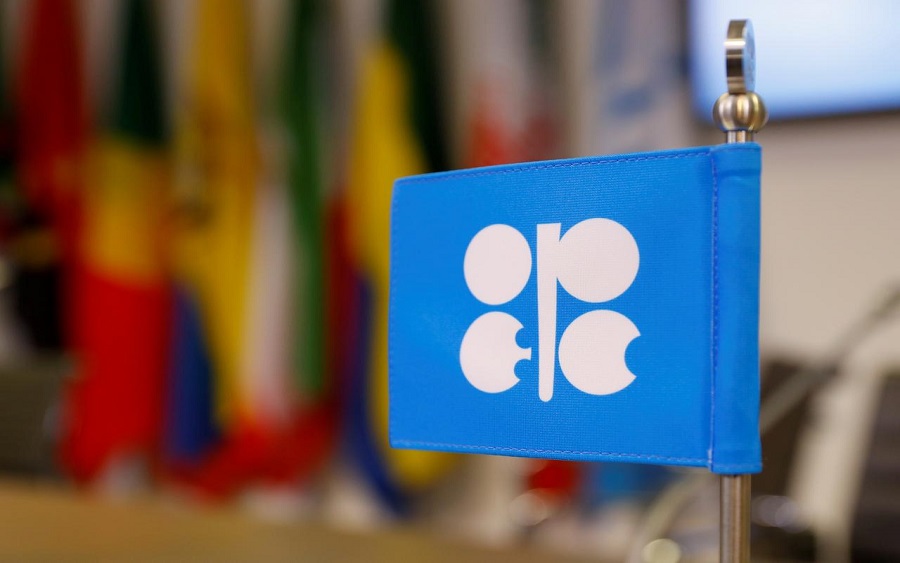Oil started the week bearish in the Asian session as investors anticipate the crucial Organization of the Petroleum Exporting Countries and allies (OPEC+) meeting later in the day.
What you should know
- The energy alliance often referred to as OPEC+, met via videoconference on Friday afternoon to decide on whether to keep output policy unchanged or to ramp up supply further.
- OPEC+ with the exception of the United Arab Emirates (UAE) agreed to an easing of cuts and their extension to the end of next year. The cartel voted to increase production by about 2 million barrels a day from August to December 2021, as well as extend the remaining output cuts to the end of 2022.
- The UAE raised objections to the vote results in a rare public dispute. National interests are also increasingly playing into the picture, with oil users wanting to see more supply in the market as their economies recover from COVID-19.
- Before now, the UAE and had agreed with other OPEC members, in principle, to increase supply by 400,000 barrels per day from August to December 2021 in order to meet rising demand with and OPEC kingpin Saudi Arabia and non-OPEC leader Russia had also proposed extending the duration of cuts until the end of 2022 but the UAE are now opposed these plans on the grounds that OPEC+ should change the baseline for cuts which will effectively raise its production quota.
What they are saying
Neil Atkinson, an independent oil analyst, told CNBC’s “Squawk Box Europe” on Friday that tensions between the UAE and other OPEC+ members had been “bubbling under for quite some time now.”
“The Abu Dhabi National Oil Company has been investing in new capacity, it’s been taking a more active role in trading,” Atkinson stated, while also adding that the company may have started operating more like an international oil company than a national oil company.
Unlike international oil companies, decisions taken by national oil companies tend to be influenced by the state. He further added, “They look to the future, they see demand for oil continuing to grow in the medium term, they’ve installed more capacity and they want a greater share of that market as we move through the 2020s.”
Analysts at risk consultancy, Eurasia Group said they believe the oil producer group is still likely to reach a deal, noting that the UAE’s own relationship with Asian energy clients could suffer if prices continue to increase. They said, “The UAE might be negotiating but it is unlikely to muster courage to risk it all till the very end. It will want to avoid sabotaging an OPEC+ agreement and potentially being blamed for a rise in oil prices that increases global inflation. While a UAE withdrawal from OPEC+ should definitely not be dismissed, such a decision would be surprising. Such a move would compromise Abu Dhabi’s relationship with Riyadh, its broad positioning in the region, and its ability to build alliances over the long term. Therefore, compromise appears to be the most likely outcome.”
ANZ Research analysts said in a note that, “This latest move raises the bar for the OPEC+ alliance, which has shown great unity that has ultimately helped rebalance the market following the collapse in demand. A break-up could result in a free-for-all that would likely lead to a collapse in prices.”
Saudi Arabia’s energy minister, Prince Abdulaziz bin Salman Al Saud called for “compromise and rationality” in a bid for unity ahead of Monday’s meeting. He stated, “You have to balance addressing the current market situation with maintaining the ability to react to future developments… if everyone wants to raise production then there has to be an extension.” The minister also highlighted uncertainty over COVID-19 as well as production from Iran and Venezuela in particular.
What to expect
Oil price now depends on the outcome of the OPEC+ meeting today. If a deal is reached with the UAE, we would see oil prices go upward to new price points but if there is a breakdown in agreements, that could see a price crash like the one that followed the Saudi Arabia-Russia price war in April 2020.
Brent oil futures declined marginally by 0.07% to $76.12 a barrel, after falling to its first weekly decline in six during the previous week. U.S oil, WTI futures also declined 0.07% to trade at $75.11 a barrel.






















